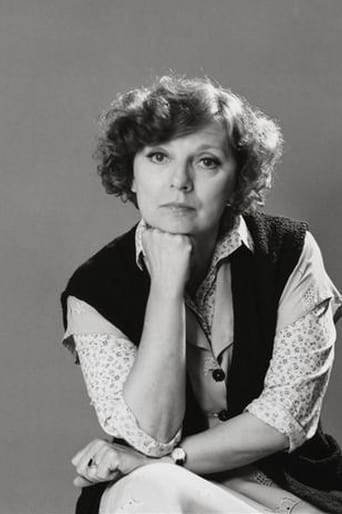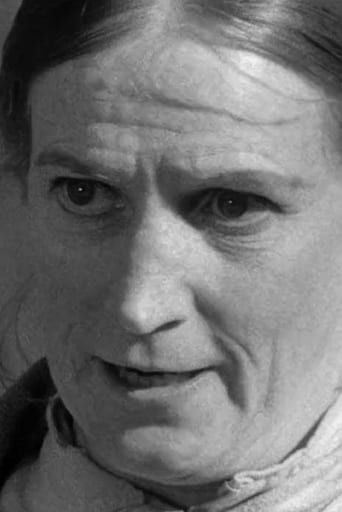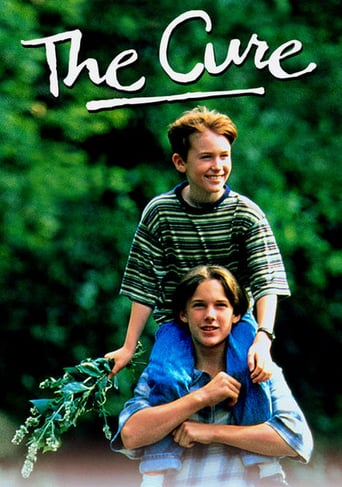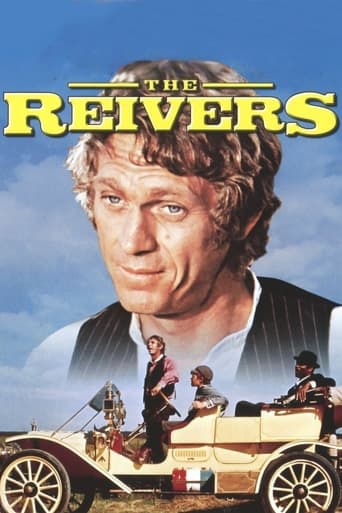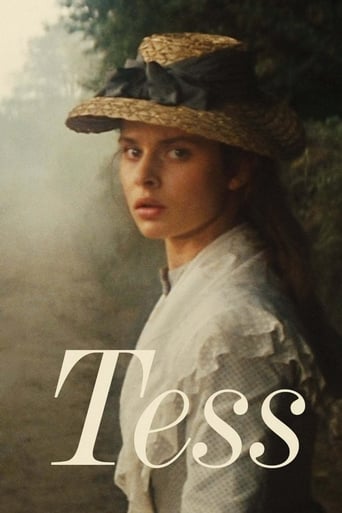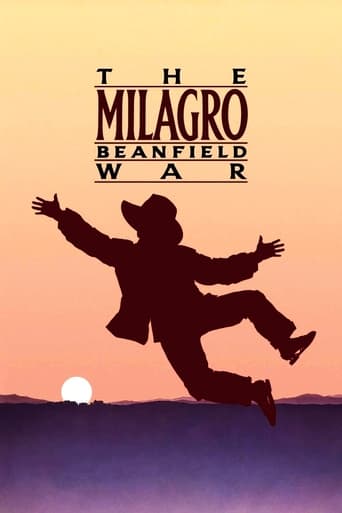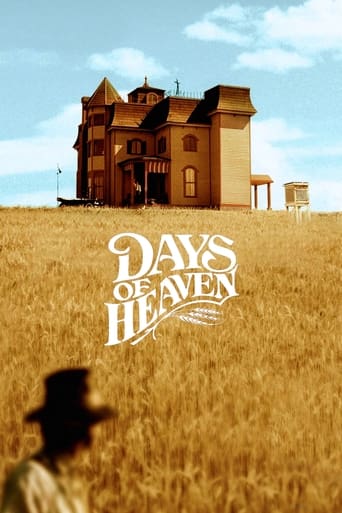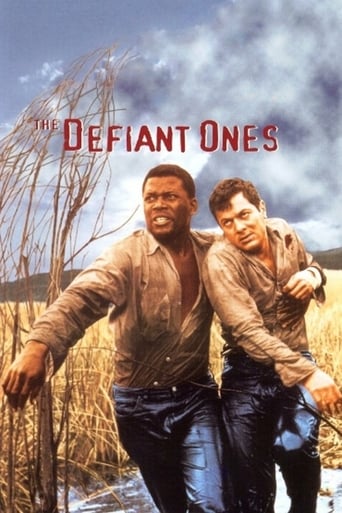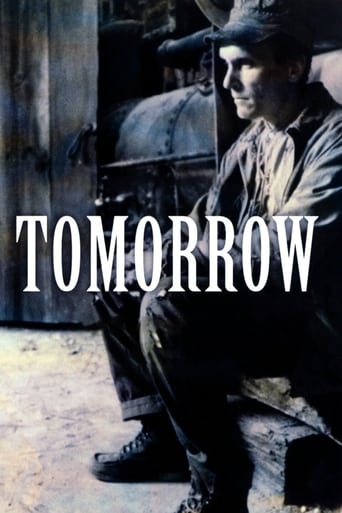
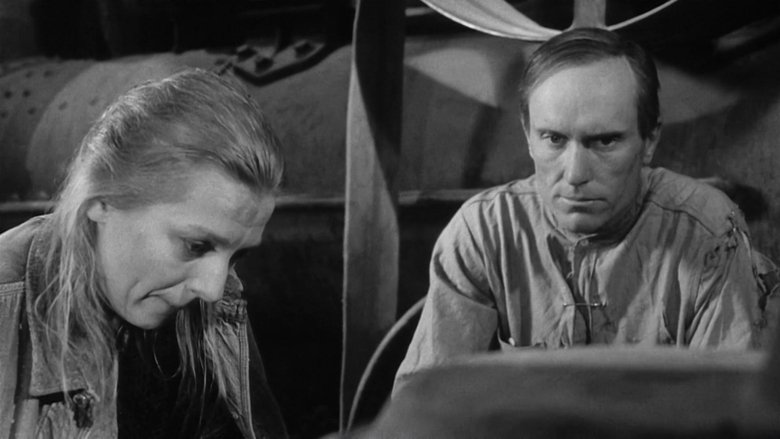
Tomorrow (1972)
A lonely farmer takes in a pregnant woman and looks after her. After she gives birth, tragedy strikes.
Watch Trailer
Cast


Similar titles
Reviews
This story was panned by some IMDb readers and most notably by the critic Vincent Canby. I, personally, found the story riveting. Faulkner likes to refer to himself as a humanist and emphasizes the "eternal verities" of the human spirit that endure beyond what common sense would deem rational. Love is Faulkner's theme in "Tomorrow". Jackson Fentry's seemingly irrational behavior towards the pregnant woman and his behavior in the jury room twenty years later are good examples of Faulkner's "eternal verities". Robert Duvall does his best at a thick southern drawl and it isn't entirely authentic but it is certainly better than Vivian Leigh's southern accent. The minimalist dialogue and music score emphasize the simplicity of the lives of these rural poor. The story is glum and that will turn off many people but the characters' very miserableness creates a contrast between their sorry condition and the most noble of human emotions, namely love. What makes this story uplifting, in the end, is the strength of Jackson Fentry's love in the face of his world's bleakness. That is Faulkner's main point.One other thing that has to be said is that IMDb made an error in the trivia section for this movie. IMDb claims that the character of the pregnant woman was Black in the original story. This is not correct. She was White in the original story. The mistake is likely due to the woman being described as "black complected" in the story. That phrase means dark haired, not dark skinned. In the South of the early 20th Century, it was against the law for a White man to marry a Black Woman and no local preacher would have married them.
Suppose this boy stayed with Fentry and grew up in his cotton farm, lived a simple and true life like Fentry himself and Fentry's father, the kid would have grown up a decent person and helped Fentry and later inherited the farm. But the fate didn't turn out like this, the bloodline and legal right enforced Fentry to give up the kid to a bunch of low lives of the Thorpe family, and later changed the boy to a worse and bad person, a rascal and a thief, then died from gun shot from a girl's father, when he tried to lure the daughter to elope with him.What a sad story. Fate is really a bitch that she never gives a darn to we folks.The only thing that I didn't quite get it is when the young boy was young, he was a bleach blond, yet when later showed when he was killed, his hair was dark brown or even in black. Could a blond kid when he grew up, his hairs would change into complete dark brown or even black? If the answer is no, then, the director and the producer(s) of this film did a careless job, making a film with one bad flaw.Anyway, Faulkner's stories are always like this dark and hopeless with lot of dirt poor illiterate folks in the deep South. I was told until today, such situation never changed, folks over there are still poor beyond imagination. Is America a really rich and developed country? I doubt it.
Just a wonderful performance by Robert Duvall who dominates the entire film. He reminded me a lot of Boo Radley in TO KILL A MOCKINGBIRD and though Boo didn't speak, his mannerisms were similar. Duvall's interesting accent struck me as being as much hill-billy as southern.Several minor things troubled me a little about the movie. I did expect Jackson (Duvall) to try to recapture the boy, and I was somewhat surprised by his acceptance of the seizure. The ending also was unexpected.Olga Bellin also did not appear unusually ill for a dying woman in my view either, though she did a nice job with her role. Nonetheless, this was a fine movie and the acting was just superb.
A lonely sawmill operator in the Mississippi Delta, Jackson Fentry, assumes the responsibility of caring for a fleeing pregnant woman. He falls in love with her and pleads with her several times to marry him. She finally relents after the baby is born. He then cares for the baby as his own child and they become very attached. When the child is three or four years old, his unsavory uncles and mother's family come and virtually kidnap him. Fentry is devastated but goes on with his life. Years later he refuses to vote guilty while a member of the jury in murder trial, and this story explains why.Faulkner is so tied to place that most attempts at filming his works fall short of conveying his intent. Tomorrow, however, really does look right, and only The Reivers has conveyed as much sense of place. Duvall's sensitive performance is played off perfectly by Olga Ballin's Sarah. She is whimsical without being fey and tragic without being lugubrious. Duvall's accent is a little trying at first, but once you listen for a few minutes, it resonates as the only possible way his character could express himself. The grinding poverty of the rural South from 1865 until after World War II comes across vividly. The tableaux depict the stark dignity of these sharecropper's lives as eloquently as Let us Now Praise Famous Men by James Agee and Walker Evans. Duvall has a right to be proud of this performance.



